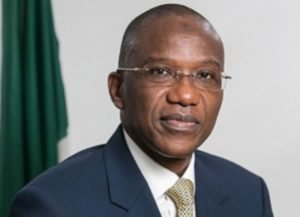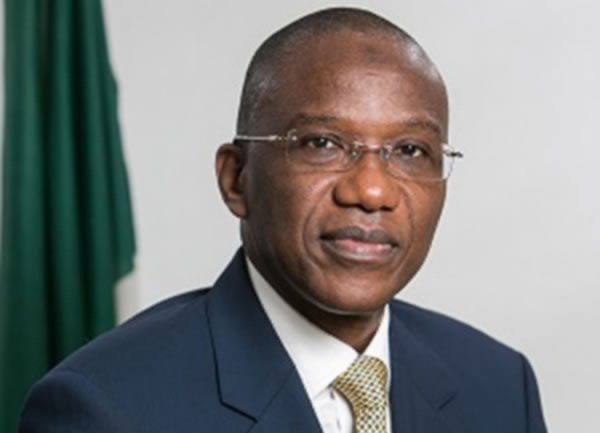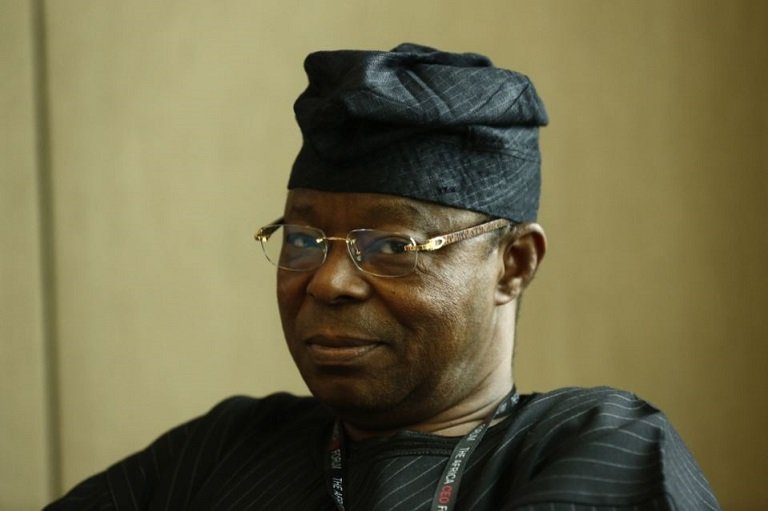An eagerly anticipated malaria vaccine developed by Oxford University has received its first clearance in Ghana, where the African nation is stepping up its fight against the illness spread by mosquitoes that claims a child every minute.
The initiative is one of several aimed at combating the illness that claims more than 600,000 lives annually, the most of them youngsters in Africa. The development of vaccines has long been hampered by the malaria parasite’s complex structure and lifetime.
The World Health Organization (WHO) last year authorised the first malaria vaccine, Mosquirix, developed by British pharmaceutical giant GSK (GSK.L).
However, the business’s ability to deliver the required number of doses has been hindered by a lack of financing and economic potential.
The Oxford vaccine, which has received regulatory clearance for use in children aged 5 to 36 months, who are most at risk of dying from malaria, has a manufacturing edge because of an agreement to manufacture up to 200 million doses yearly with Serum Institute of India.
However, GSK has committed to producing no more than 15 million doses of Mosquirix annually through 2028, far less than the estimated 100 million doses annually of the four-dose vaccine that the WHO estimates is required in the long run to protect about 25 million children.
A medical journal released mid-stage results from the Oxford vaccination experiment involving more than 400 young infants in September.
At 12 months after the fourth dosage, vaccination efficacy was 80% in the group that got a greater dose of the immune-stimulating adjuvant and 70% in the group that received a lower dose. The pills were given out in advance of Burkina Faso’s malaria peak season.
In the next months, data from a phase III clinical study with 4,800 children that is now enrolling participants in Burkina Faso, Kenya, Mali, and Tanzania is anticipated to be published in a medical publication.
However, during the last six months, regulatory authorities have been provided with late-stage data that, according to Oxford scientist Adrian Hill, reveals a comparable vaccination performance to that in the phase II study.
After receiving support from the World Health Organization (WHO), international agencies like Gavi and UNICEF often pay for childhood immunisations in Africa.
Hill said that it was uncommon for an African regulatory body to have analysed the evidence more quickly than the WHO, adding that this was the first time a significant vaccine had been licenced in an African nation before wealthy ones.
African authorities have adopted a considerably more aggressive posture, particularly after COVID, since they have been emphasising that they don’t want to be last in line.










